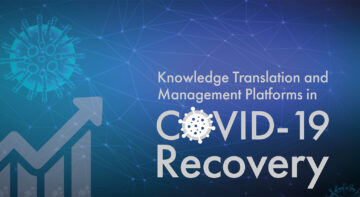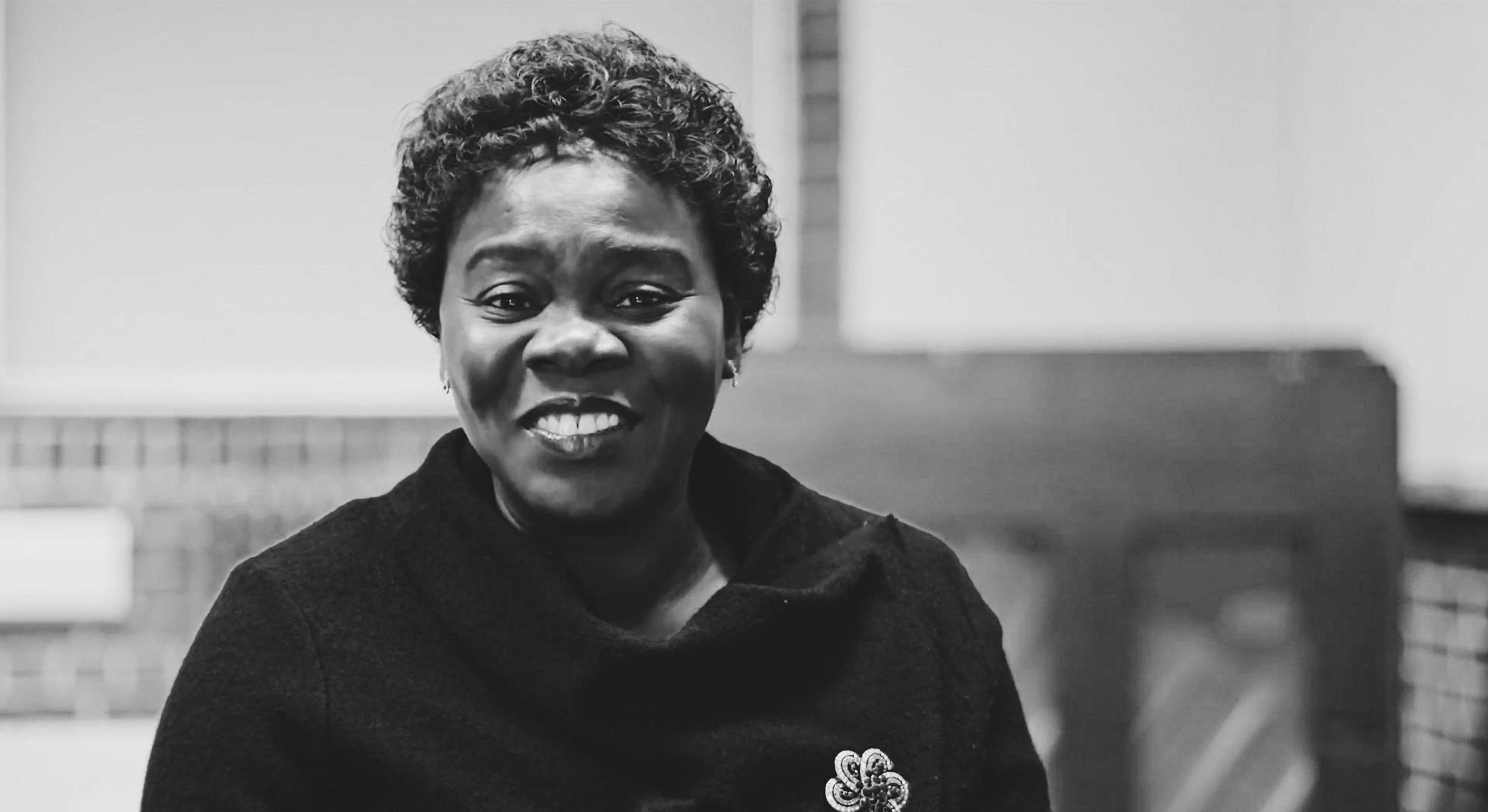News
The African Institute for Development Policy, AFIDEP, participated in the Countdown to 2015 Conference held in London from May 17-18, 2010 at the South Bank University. The conference focused on challenging the orthodoxies related to SRH and HIV to stimulate new thinking on more effective ways of responding to SRH and HIV issues in developing countries.
Dr. Eliya Zulu, AFIDEP’s Director, shares his views as a Panelist at the research to policy session at the Countdown to 2015 conference
Speaking at the conference during a panel discussion under the subtheme “Getting research into policy and practice, and the use of evidence by policymakers’, AFIDEP’s Director, Dr. Eliya Zulu, noted the need for researchers to proactively participate in policy-making processes in order to understand how policies are made and how their research can inform policies.
He further noted that research evidence needs to be targeted at different policy-making levels including top political leadership and government technocrats, as well as at civil society organisations.
Dr. Zulu also called on researchers to generate more useful evidence, noting that “policymakers need evidence-based guidance on how to improve services and deliver the effective technologies and services to those who need them most, and yet this is where research is weakest on the African continent’.
He decried the fact that many interventions are designed with weak evaluation designs, making it difficult to scale these up. He said researchers need to use such methods as “scenario building’ to demonstrate the benefits and costs of action as well as inaction.
He emphasised the need for researchers to synthesize research from different sources and provide policymakers with a holistic picture of an issue rather than expect to influence policy changes on the basis of their narrow project findings.
In the ensuing discussion after the panel, donors like DFID were asked to consider changing the incentive models for funding research to encourage broad-based synthesis of research evidence that is used in decision-making.
Another barrier to research uptake in policy processes highlighted was the mistrust between researchers and policymakers. Dr. Zulu called on both researchers and policymakers to forge closer and mutual working relationships to facilitate the formulation and implementation of more effective policies.
He said that the newly founded African Institute for Development Policy (AFIDEP) is focusing on addressing these issues and its main mandate is to facilitate the creation, translation, and utilization of research evidence for policy formulation and resource allocation in Africa.
He added that AFIDEP will work in close collaboration with policymakers, research institutions, civil society organizations, and other stakeholders to generate appropriate and comprehensive evidence and promote its utilisation in decision-making.
Rose Oronje, who manages AFIDEP’s communication programme, presented at the conference on the sub-theme “Human rights perspectives of HIV and sexual and reproductive health‘. In her presentation, Ms. Oronje noted that most sub-Saharan African countries have put in place sexual and reproductive health (SRH) policies that take a human rights approach but are yet to reform laws to facilitate the operationalisation of a rights based approach especially on controversial issues such as the provision of safe abortion and provision of services to people in same-sex relationships.
She also noted that despite having policies in place, African countries still lack political leadership in their response to SRH and allocate very limited resources to addressing these issues.
The conference brought together the work of four DFID funded research program consortia working in the field of HIV and sexual and reproductive health including:
- Addressing the Balance of Burden in HIV/AIDS: Social & Economic Research for Policy Change;
- Evidence for Action on HIV treatment and care systems;
- Realising Rights: Realising sexual and reproductive health and rights; and
- Programme for Research and Capacity Building in Sexual and Reproductive Health and HIV in Developing Countries.
Speakers included key policymakers, programme implementers and researchers, and the sessions will allow for in-depth discussion of the issues, as well as the presentation of important new research findings.
Related Posts





